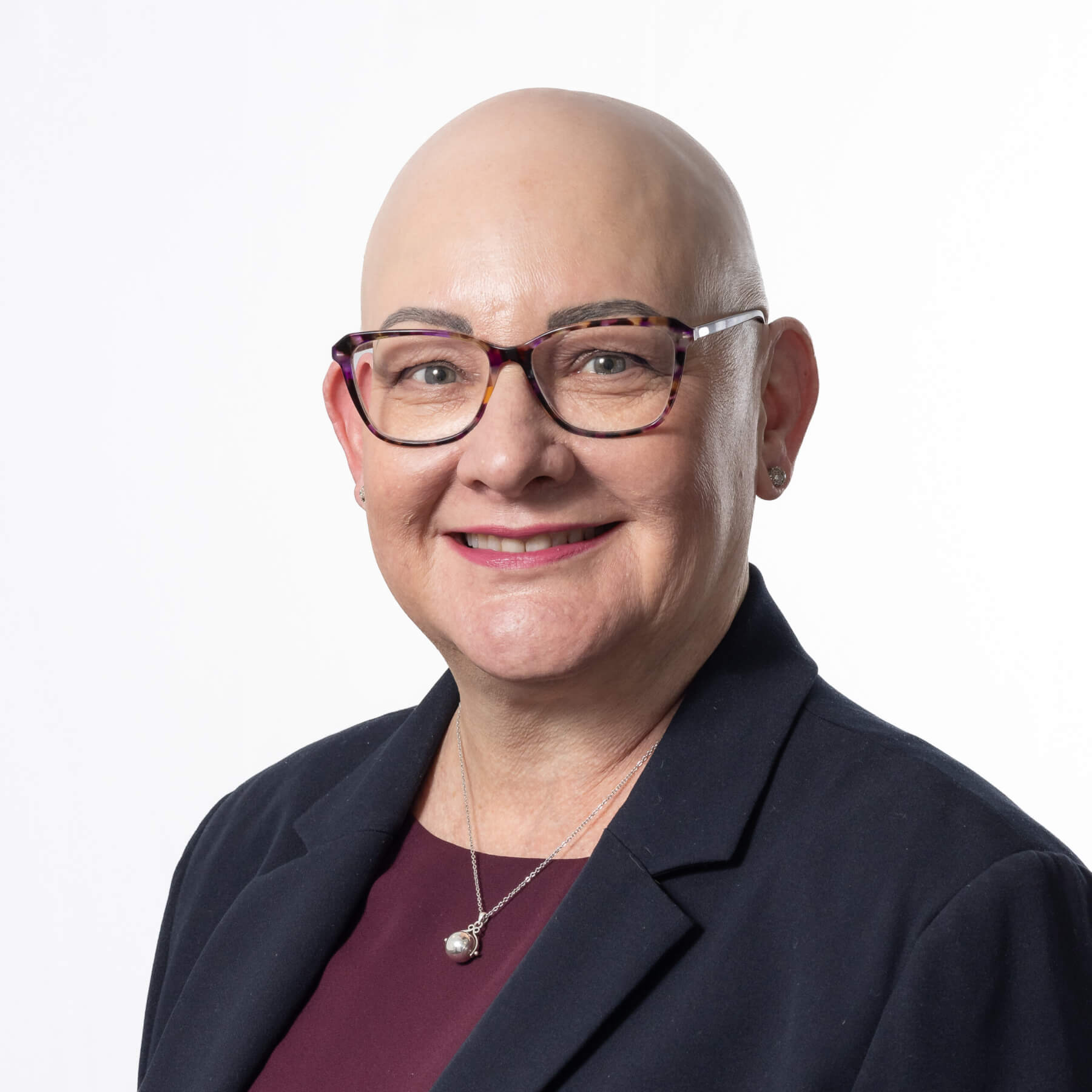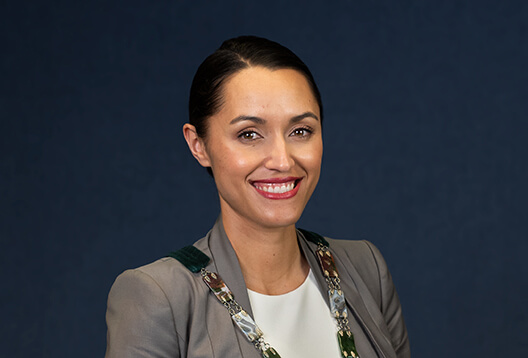A national conversation about local, regional and national decision making and service provision is needed before any discussion about amalgamation, a Waikato local body leader has told The News.
Waikato Regional Council chair Pamela Storey says optimal structures must be identified first.

Pamela Storey – Four
Her comments were the latest in responses to requests from the News for views from district leaders after the Waikato Chamber of Commerce chief Don Good said it was time to have a conversation about regional boundaries.
“For any change to be effective, we think all government functions and roles need to be reviewed before restructuring local government,” Storey said.”
“In other words, form must follow function.”
Good listed 13 potential players – suggesting western wards of Rotorua Lakes district could be in the frame for debate.
The News has sought comments from leaders and has received feedback from Storey, Rotorua’s Tania Tapsell, South Waikato’s Gary Petley, Waitomo’s John Robertson, Adrienne Wilcock (Matamata Piako) and Len Salt (Thames Coromandel).

Tania Tapsell
We are hoping to get further comments from Jacqui Church (Waikato) Paula Southgate (Hamilton) Susan O’Regan (Waipā) David Tewavas (Taupō) Toby Adams (Hauraki) and Max Baxter (Ōtorohanga). Good also included Franklin, part of the Auckland council.
Rotorua’s Tania Tapsell told The News it was difficult to believe combining councils would bring additional benefit.
“Amalgamation has overhyped efficiencies and has already proven to be a failure with both the recent health and tertiary education sector reforms that combined local to nation-wide entities,” she said.
“I’m a strong advocate for keeping decision making local. Each community in the region is unique and has their own priorities. People who pay rates want to see some benefit of it in their own neighbourhoods. I’d be very concerned that if councils combined, the bigger population cities might suck up all of the funding.
‘Central government has to stop loading work onto us without the funding to go with it – the ‘unfunded mandate’ must stop,’ – Pamela Storey.
‘The biggest challenge is trying to run and maintain a city on funding limited to the rates we collect from our residents,’ – Tania Tapsell.
Pamela Storey believed “overall” local government do a good job for communities, and in the Waikato regional, city and district councils worked well together.
“Regional spatial planning has been included in our long term plan and is a piece of work that will enable a more collective voice for the region. It will also lead to better informed decisions and smarter investments to improve the wellbeing of our communities and environment.
“Importantly, it will ensure a joined-up-approach to things like housing, transport, climate change, economic development, health, infrastructure, the environment and culture, and so much more.”
But she added it was clear councils were straining under the pressures of capacity issues and lack of funding.
“Central government has to stop loading work onto us without the funding to go with it – the ‘unfunded mandate’ must stop. Direct investment, support and empowerment of local government under a long term partnership approach is way more effective and efficient, but must be informed by place-based expertise and knowledge, including mana whenua and communities.”
Storey said her council was always open to discussions that will increase efficiency and effectiveness of local government for the benefit of our communities.
It was a point also made by Tapsell who, in suggesting it was better to focus on “what we have”, said there was always room for improvement.
“The biggest challenge is trying to run and maintain a city on funding limited to the rates we collect from our residents.
“A better solution to help councils deliver more for those we serve would be the Government assisting us with additional funding for critical services like water and roading.”
She suggested that could start with councils keeping a portion of the tax they pay to reinvest back into their communities, “keeping it by local, for local”.








